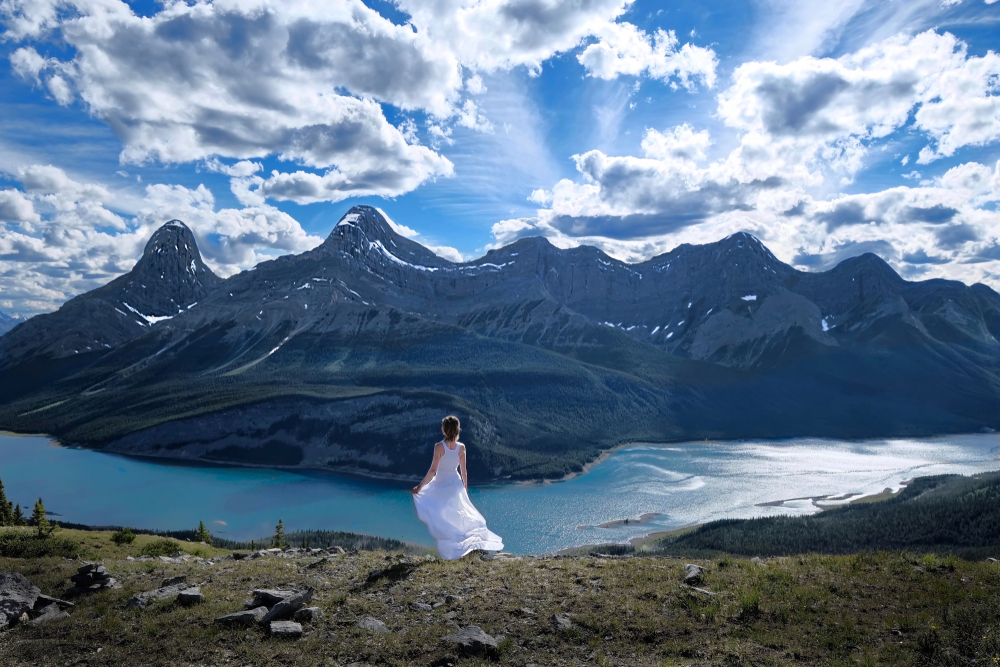Statistics Surrounding Modern Canadian Weddings

Tying the knot is a very exciting chapter in the love story you are creating with your partner. Still, it can prove helpful to take a closer look at whether or not your event reflects current wedding trends. From the median age of a couple when they decide to get married to the traditions surrounding surnames, Canadian wedding trends fluctuate from one year to the next. Take a look at these statistics surrounding modern weddings and learn a bit more about the evolution of marriage in Canada over recent decades.
Waiting To Wed
In the 1980s, the average age for a person to get married in Canada was 23. Over the last few decades, however, people have been waiting long periods before making the decision to walk down the aisle. Some experts believe this is due to younger individuals putting a heavier focus on their careers. Others attribute the delay to the rising costs of living and how expensive it has become to start a family. Regardless of the exact reason, the median age for a person to wed in Canada has shifted to 31 as of 2022.
Breaking With Tradition
Modern couples often like to break with traditions that no longer suit them. A great example of this can be found in brides who decide to keep their own last names after getting married. In the 1970s, almost all Canadian women who tied the knot changed their surnames. According to polls taken in 2019, this number has shifted a considerable amount. Roughly 40% of women who get married nowadays opt not to fully change their names. Of this percentage, about half decide to hyphenate their last names in order to incorporate their married names.
Setting Statistics Aside
As of 2023, about 36 countries across the world have legalized same-sex marriage. While this trend highlights how accepting people around the planet have become of LGBT relationships, it is important to note that Canada was one of the first countries to make this decision. Same-sex marriage was officially legalized in Canada on July 20, 2005, after the Civil Marriage Act was passed. While this act made same-sex marriages legal nationwide, certain provinces had legalized these unions earlier. Provinces that passed marriage equality laws in 2004 include Quebec, Yukon, Manitoba, Nova Scotia, Saskatchewan, and Newfoundland.
Opting for Winter Engagements
There is no “right” time of year to get engaged. As long as you and your partner are on the same page, the decision to get married can be a great choice. Still, some studies have shown that a majority of Canadian couples prefer to pop the question during the same period. According to a number of reports, a large chunk of couples make the decision to get engaged between December and February. While they may prefer winter engagements, most couples wind up hosting their weddings during the spring and summer.
Sharing Space First
Several decades ago, it was commonplace for couples to live separately until they officially tied the knot. This is a trend that has shifted dramatically in recent years. According to national stats, roughly 75% of couples decide to live together before making the decision to get married. Many couples opt to move in together before marriage in order to see how well their relationships fare when they’re sharing a space. If you wait until you’re married to live with your partner, you might discover that the two of you have very different ideas on cohabitation.
Ignoring Statistics & Following Your Own Path
While it can be helpful to take a look at statistics now and again, it is important to remember that your wedding does not need to follow any specific rules or trends. As long as you and your partner are happy with the decisions you have made, everything else will fall into place.

